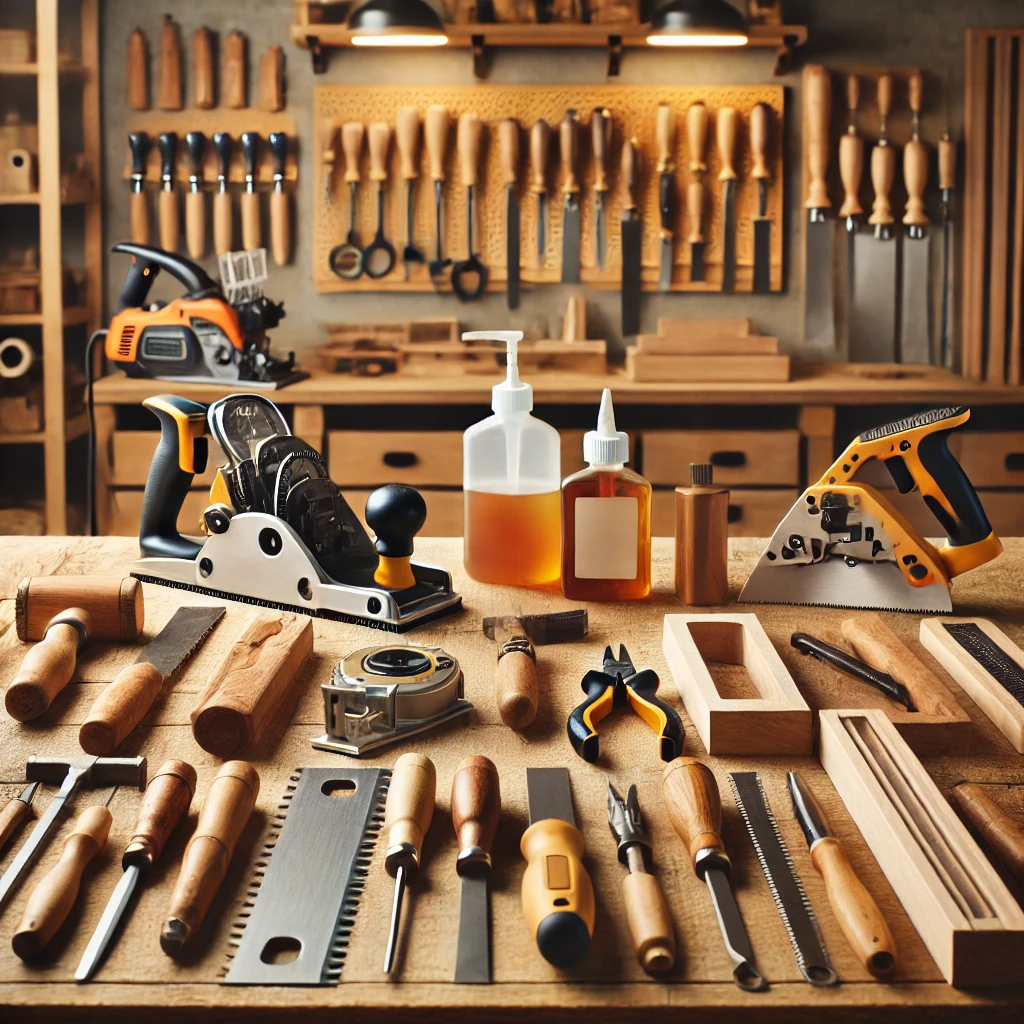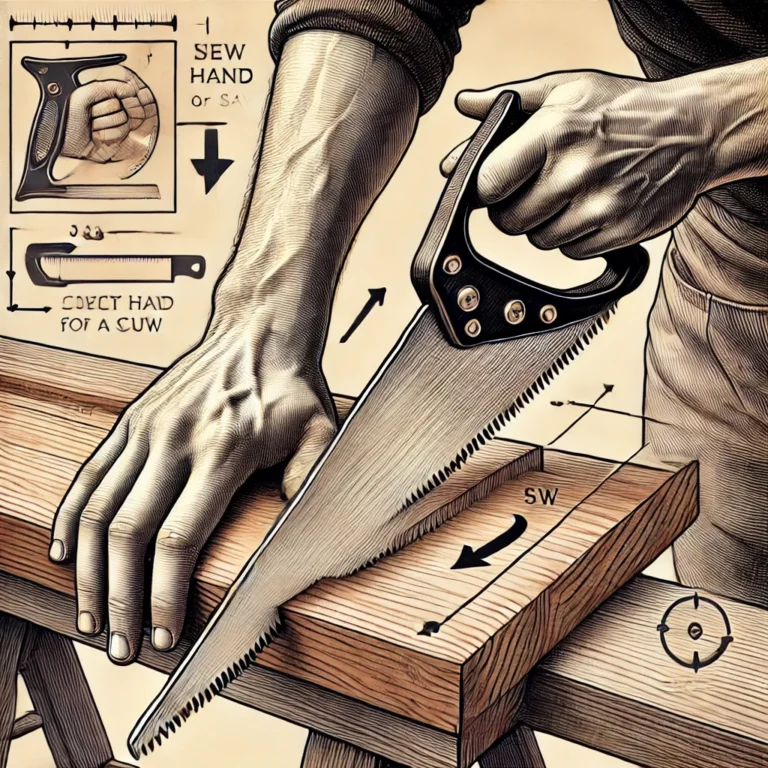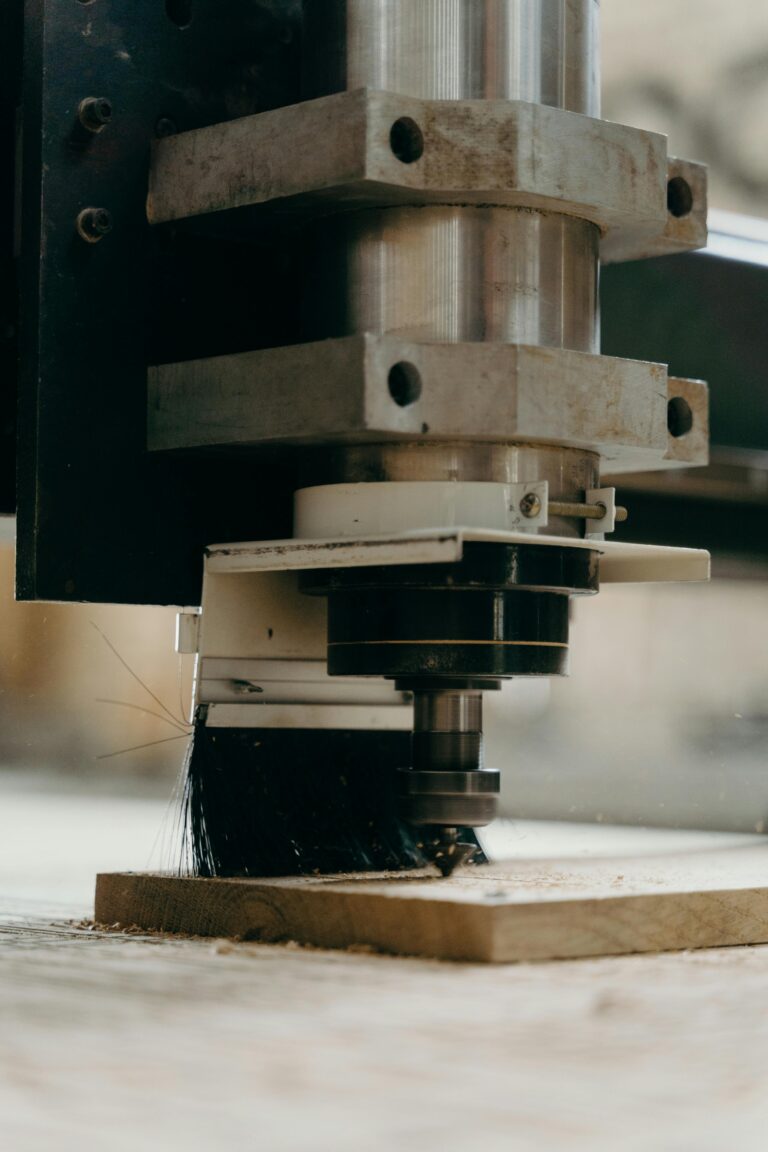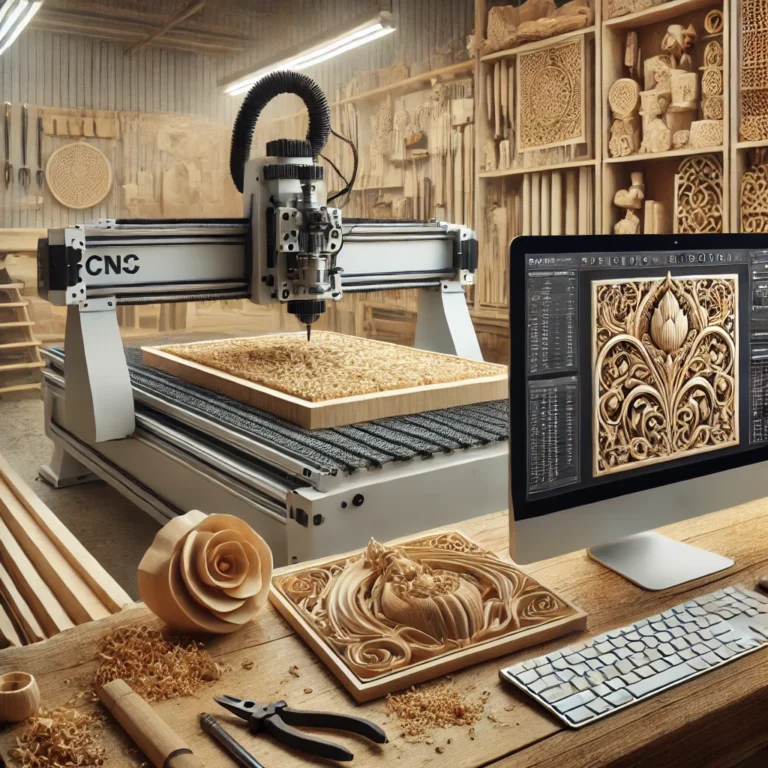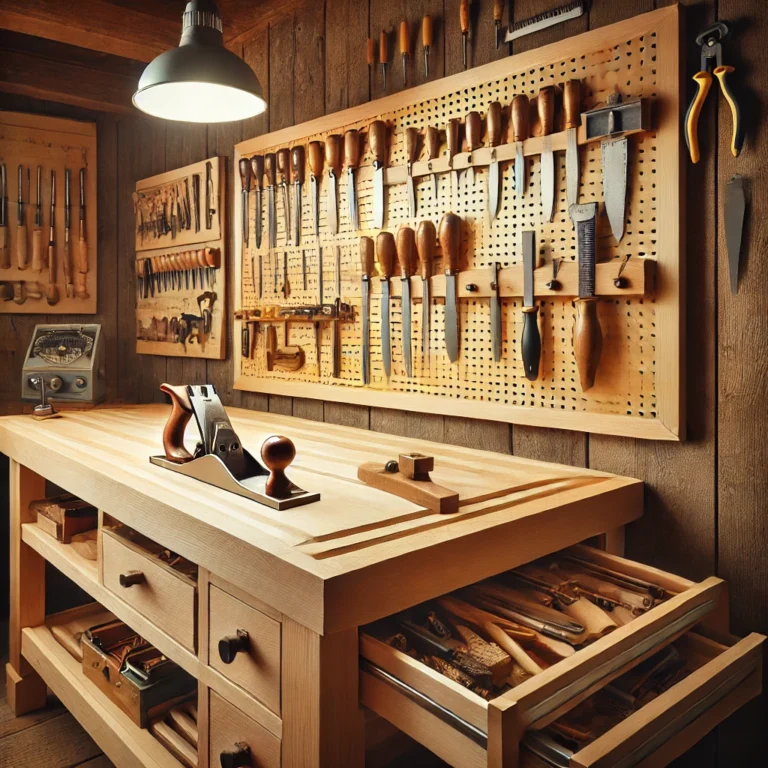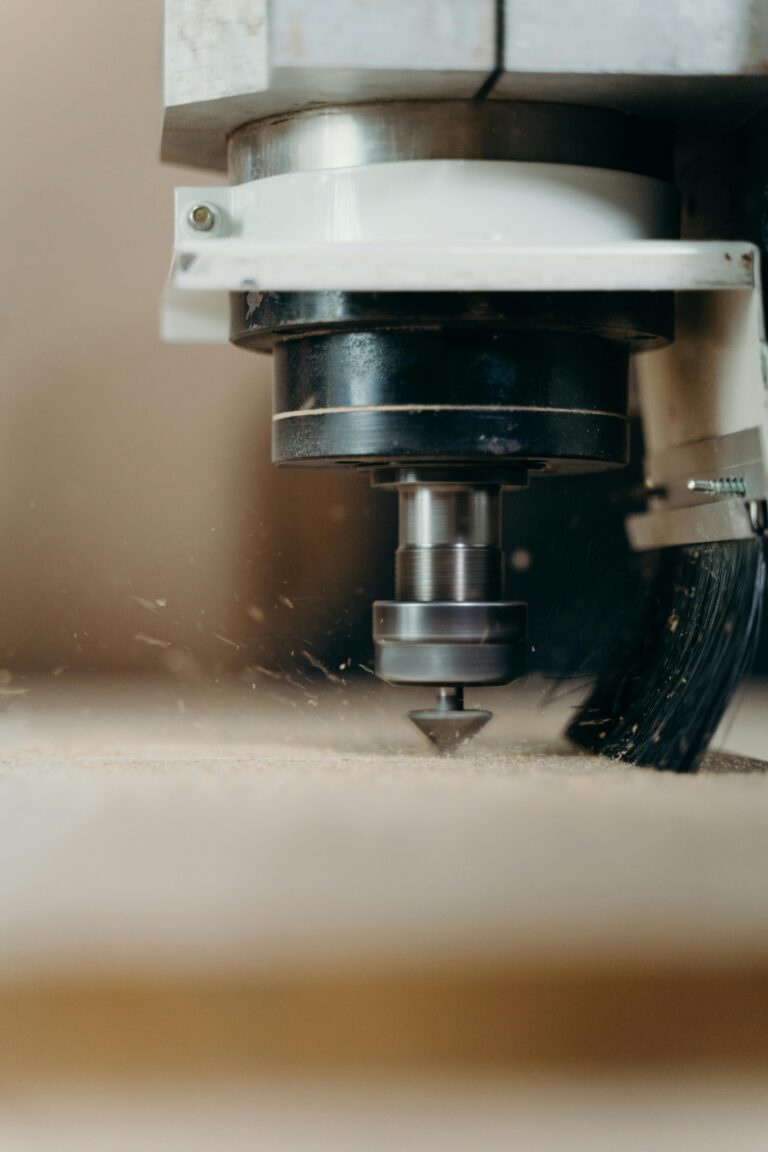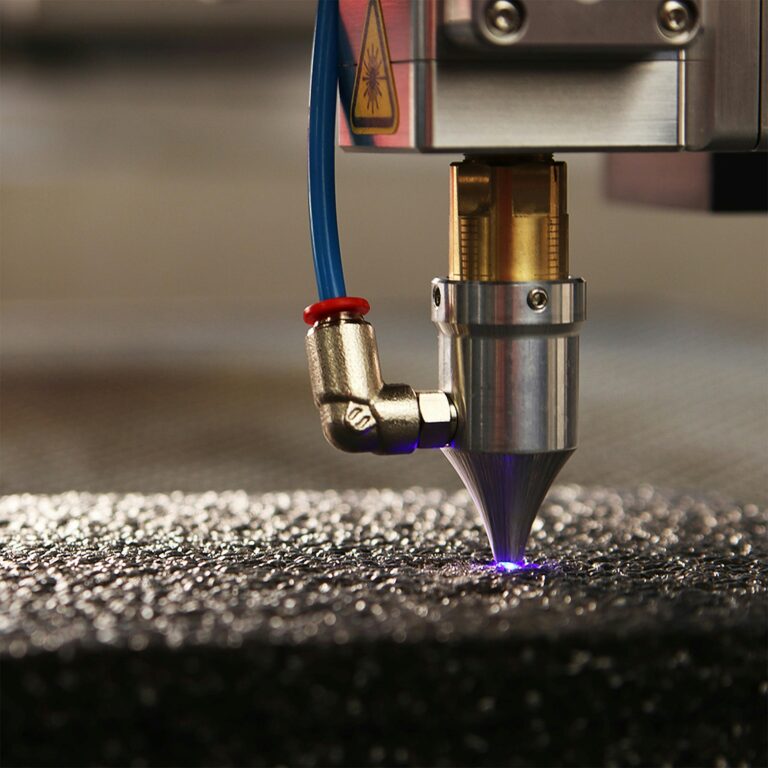10 Essential Hand Tools for Beginner Woodworkers
Introduction
Embarking on your woodworking journey can be exciting and a bit daunting. As you set up your first workshop, knowing which tools to invest in is crucial for success. This guide will cover the top 10 essential hand tools that every beginner woodworker needs in 2024. From saws to chisels, these tools not only help in building basic skills but also ensure precision and safety in every project. Whether you’re planning to create a simple box or an intricate piece of furniture, these tools will be your companions through every cut and carve.
Main Headings and Bullet Points
Claw Hammer
- Essential for every woodworker, the claw hammer serves two primary purposes: driving nails into wood and removing them. Opt for a hammer that feels comfortable in your hand, with a weight that you can handle for extended periods. A 16 to 20 oz hammer is ideal for most beginners, offering enough heft without causing undue fatigue.
Tape Measure
- A fundamental tool for precision, a reliable tape measure is indispensable in woodworking. For beginners, a 25-foot retractable tape measure is versatile enough for small and large projects. Look for features like a locking mechanism and a clear, readable print with both imperial and metric units, ensuring accurate measurements every time.
Utility Knife
- For fine and intricate cutting, a sharp utility knife is necessary. It’s perfect for marking cut lines, shaving thin strips of wood, and opening packages of supplies. Choose a knife with replaceable blades and a comfortable grip to maintain control and precision in detailed work.
Chisels
- Essential for detailed carving and shaping, a set of wood chisels can significantly expand your crafting capabilities. Start with a set that includes a variety of sizes from ¼ inch to 1 inch wide. Opt for high-quality steel that retains sharpness longer, reducing the frequency of re-sharpening.
Level
- Critical for ensuring your projects are perfectly horizontal or vertical, levels come in various lengths. A 24-inch level is long enough for most projects but manageable for beginners. Features like magnetic strips and digital read-outs can enhance usability, but the traditional bubble in a vial type remains reliable.
Screwdrivers
- A versatile set of screwdrivers will be heavily relied upon, whether you’re assembling projects or adjusting hardware. Include both Phillips and flathead types in your kit. Consider purchasing a set with multiple sizes and insulated handles for comfort and safety.
Handsaw
- For basic cutting tasks, a good handsaw is indispensable. A general-purpose handsaw with a 15 to 20-inch blade is suitable for most beginner projects. Look for a saw with a comfortable handle and a rigid blade that offers clean cuts.
Workbench
- A sturdy workbench is the foundation of any woodshop. It doesn’t have to be elaborate; even a simple, solid table can serve as a workbench. Make sure it’s stable and at a comfortable height to support hours of crafting without straining your back.
Power Drill
- While technically a power tool, a simple power drill is essential for drilling holes and driving screws efficiently. A cordless model offers convenience and portability, ideal for beginners who might not have a permanent workshop setup.
Orbital Sander
- To finish projects smoothly and professionally, an orbital sander is much faster and more effective than sanding by hand. Choose a model that is easy to handle and accommodates commonly available sandpaper sizes.
Conclusion
With these top 10 hand tools, you’re well-equipped to start your woodworking journey. Each tool not only serves a basic function but also helps you develop skills that will be beneficial as you tackle more complex projects. Remember, the right tools not only make the job easier but also enhance the final outcome of your woodworking projects. Start building your toolkit today and transform your wooden visions into reality!
